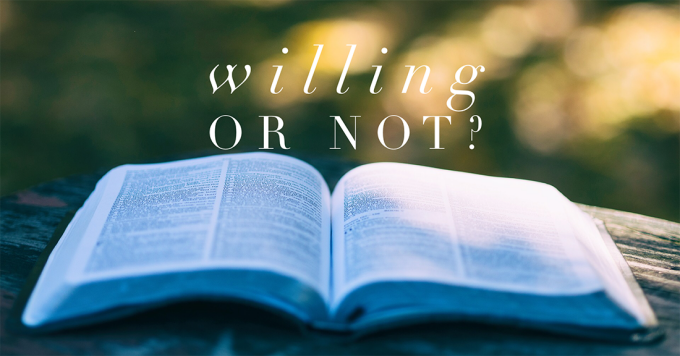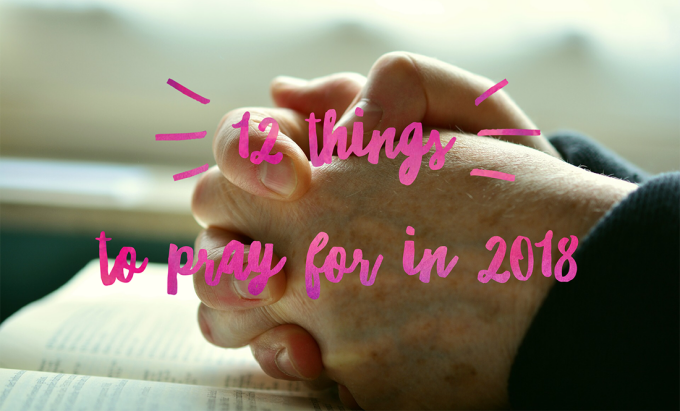Then he said to me, “Prophesy to these bones and say to them, ‘Dry bones, hear the word of the Lord!
Ezekiel 37:4 (NIV)
Most of us are willing to confess that Ezekiel is one of the books of the Bible we know little about. We’ve heard the song about the wheel within a wheel, and maybe the Valley of the Dry Bones, but that’s about it. For a major prophet, Ezekiel doesn’t get a lot of press because the book is so hard to understand.
What does the Bible tell us about the prophet Ezekiel?
- He was likely about 30 when he began his ministry.
- He was taken captive to Babylon in the second deportation of 597 B.C. by Nebuchadnezzar (2 Kings 24:14-16).
- He was both a priest and a prophet (Ezekiel 1:3).
- He was married, but would later lose his wife (Ezekiel 24:18).
- He had a home in Babylon in Tel-Abib near the Kebar River, where we find him in the first chapter.
- His name means “God will strengthen.” The Lord would use Ezekiel to strengthen the people during the siege of Jerusalem, the fall, and the aftermath.
Ezekiel was known for the radical things he did to get his point across:
- He made a drawing of Jerusalem on a clay tablet and played army against it (Ezekiel 4:1-3)
- He lay on his left side for 390 days (over a year) as a symbol of Israel’s sin, and then lay on his right side for 40 days for the years of Judah’s sin (Ezekiel 4:4-8).
- He made bread baked with cow manure in the sight of the people as a symbol of the defiled and unclean food the people would eat in their exile (Ezekiel 4:9-17).
- He shaved off all his hair, burning some while casting some to the wind to represent what God was going to do to the Israelites (Ezekiel 5:1-4).
- He lost his wife, but God commanded him not to grieve for her because Israel refused to grieve for her sin (Ezekiel 24:15-19).
- He packed all of his belongings, dug a hole through the wall, and, as the people watched, crawled through just like a man going into exile (Ezekiel 12:1-7).
As a result of Ezekiel’s bizarre behavior, some have tried to label him neurotic, epileptic, psychotic, or even schizophrenic. The truth is that Ezekiel knew how close his countrymen were to God’s coming judgment so he did not have the luxury of procrastination.
One of the things to appreciate from this book are the mind-staggering events in the life of Ezekiel:
- He starts in Jerusalem and then is taken off to Babylon with the captives.
- He arrives in Babylon, settles, and makes a new but awkward life.
- As a priest, he thought he knew the spiritual condition of his people, but the Lord would show Ezekiel through visions what was really happening inside the temple and in the hearts of Israel.
- The Lord would give Ezekiel great oracles to prophesy against Tyre, Egypt, and other surrounding nations, enabling him to see them as God saw them.
Ezekiel started in a small part of a much larger world, believing that he understood things. Suddenly he was thrust from his small world into the greatest nation on the planet at that moment of history, and he was forced to see the world differently. Ezekiel could have chosen to live out his life in a comfortable house on the side of the Kebar River and let Babylon and Israel suffer the consequences. Instead, he answered God's call, and gave God's message to the people of Israel. When we look at the life and ministry of the prophet Ezekiel, we find a rare man committed to God’s great life purpose.
How far would we go to follow the Lord?
- If it cost us our reputation?
- If it cost us our spouse?
- If we were asked to eat horrible things?
- If it required us to make a fool of ourselves?
- If we were told to do ridiculous things—things so far out that people would wonder if there was something wrong with us?
As we look at our world today, we see an updated version of the same behavior as in Ezekiel's day. Most of us are very concerned about the future of our country, and we, too, do not have the luxury of procrastination. Who is the family member, friend, co-worker, or neighbor God want us to tell about His Son Jesus? Who does God want us to invite to church? What holds us back? Complacency, mediocrity, indifference, unconcern, fear? Those who know the Lord Jesus Christ as Savior have a responsibility to share the Good News with others...but, we have to choose to obey.



